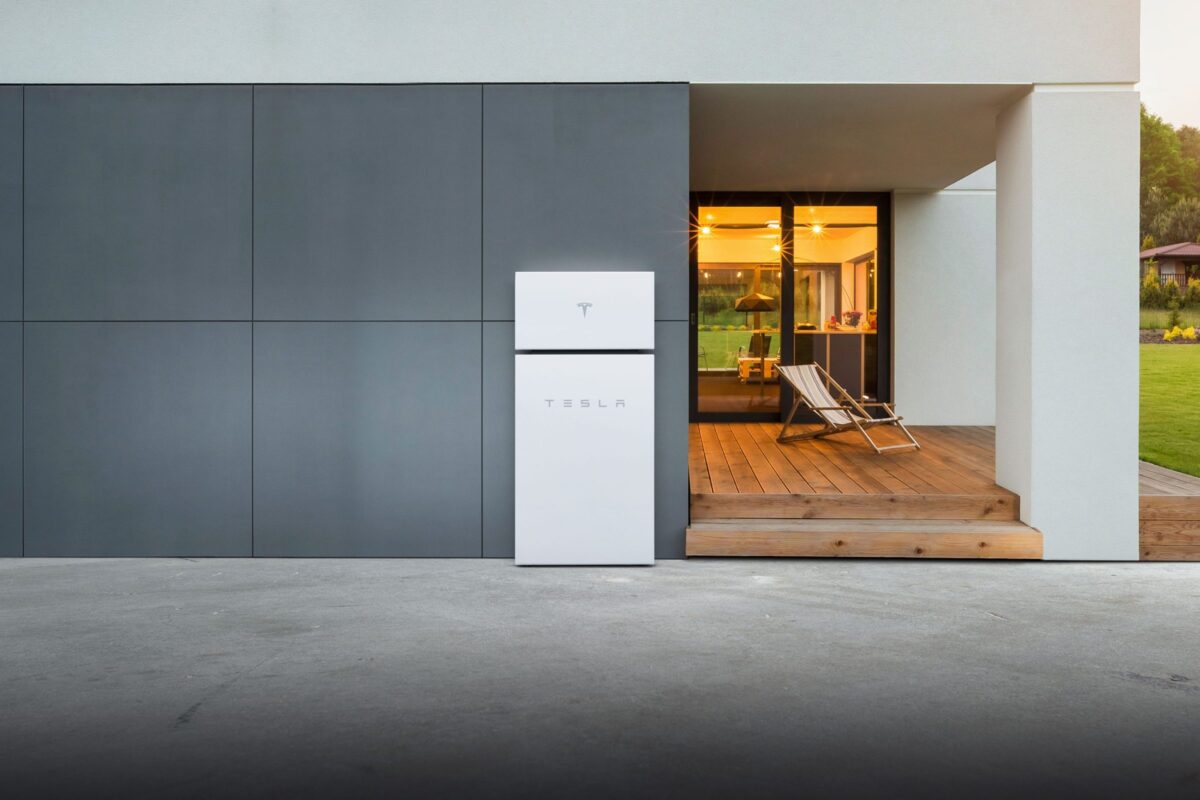Industry efforts prevented Florida rooftop solar bill from being potentially disastrous Though the recently passed House Bill 741 is viewed as a loss for consumer choice and the industry, policy advocates fought for and achieved significant improvements. Palmetto’s Ryan Barnett joined pv magazine to discuss the effort and share how his company will continue to serve solar-ready Floridians.
Duke’s proposed Net Metering 2.0 rule change in North Carolina meets stiff opposition Add North Carolina to the list of states considering changes to net metering rules, as Duke Energy proposes shifting costs to solar customers.
Without federal support, US would only reach 39% of carbon-free energy sector by 2035, said Wood Mackenzie Without important federal measures like the Build Back Better reconciliation bill, the investment tax credit long-term extension, and US manufacturing support, Wood Mackenzie and the Solar Energy Industries Association (SEIA) said the US will fall short of goals.
Indiana enables renewable-ready communities With the passage of SB 411, Indiana communities can opt to voluntarily adopt regulations that will qualify them as a wind- or solar-ready community. The standards are expected to significantly cut project development time, lower costs, and create thousands of jobs in the clean energy industries.
Charge EVs at work, not home, to put daytime solar power to work Workplace EV chargers, which number only 10,000 in the US, are needed for charging EVs in regions with abundant solar generation, says an RMI study. Home chargers are fine in regions with high wind generation, to enable nighttime charging with wind power.
Renewable advocates urge regulators to reject fixed charge for shared solar program The Virginia State Corporation Commission’s Hearing Examiner has proposed a requirement for residential shared solar customers to pay a $55 minimum bill each month, which opponents claim will dramatically limit program participation.
Solar+food in ethanol fields could fully power the United States Converting the nation’s 40 million acres of ethanol corn farms into solar-plus-food facilities would generate 1.5 times our nation’s electricity needs, while also powering a 100% electrified passenger vehicle fleet.
This content is protected by copyright and may not be reused. If you want to cooperate with us and would like to reuse some of our content, please contact: editors@pv-magazine.com.








By submitting this form you agree to pv magazine using your data for the purposes of publishing your comment.
Your personal data will only be disclosed or otherwise transmitted to third parties for the purposes of spam filtering or if this is necessary for technical maintenance of the website. Any other transfer to third parties will not take place unless this is justified on the basis of applicable data protection regulations or if pv magazine is legally obliged to do so.
You may revoke this consent at any time with effect for the future, in which case your personal data will be deleted immediately. Otherwise, your data will be deleted if pv magazine has processed your request or the purpose of data storage is fulfilled.
Further information on data privacy can be found in our Data Protection Policy.